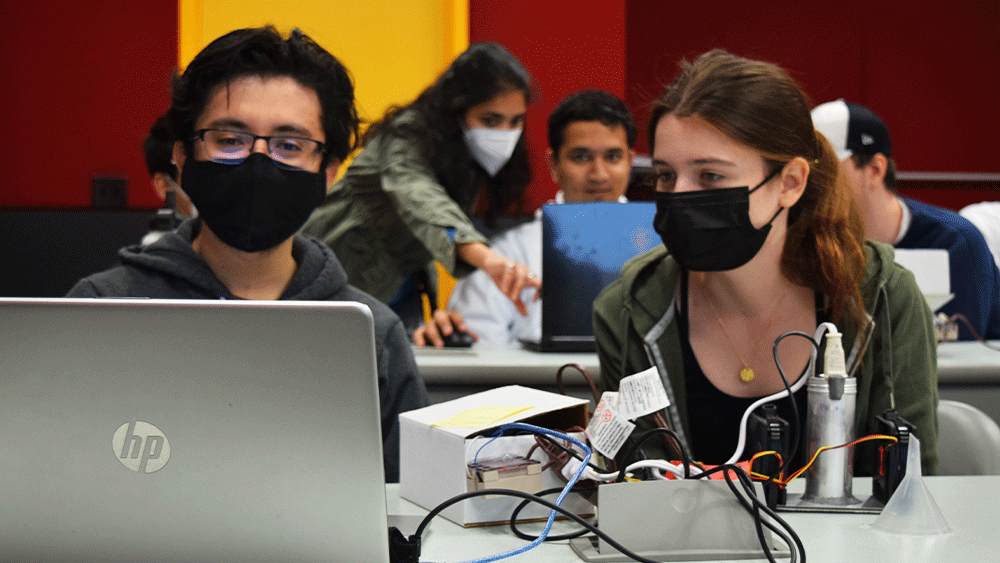
The College of Engineering at Texas A&M University is renowned for its ability to develop engineers who excel in industry positions. As engineering continues to evolve, it is essential to forge engineers who can transfer their work in the classroom to real-life scenarios.
Dr. Joseph Sang-II Kwon, associate professor and holder of the Kenneth R. Hall Career Development Professorship in the Artie McFerrin Department of Chemical Engineering, uses experimental kits to prepare students for careers in engineering industries. In his classes, students can put theoretical knowledge into practice through various activities designed to simulate experiences chemical engineers face in industry.
“While many concepts are explained verbally at the undergraduate level, the kits give students a chance to translate that knowledge into the context of a real-life application,” said Kwon. “The program’s purpose is for students to learn through hands-on experiences that will help them in their future careers.”
The experimental kits focus on the interconnection of hardware and computers. By providing do-it-yourself kits for experimental learning of process control, students can utilize their knowledge from lectures and put it into practice. This enables students to have a well-known and understood process that provides tactile output in addition to the visual output of real-time plotting.
“Through programming, I disrupt the system that the controller (student) should recognize and react in such a way that they can reject the disturbance,” said Kwon. “For instance, in our kits, there is a fan. If the system starts to overheat, students can decrease the temperature by increasing the fan speed. If the fan suddenly stops, the students will determine the error causing the fan’s disturbance. The students are learning how to adapt and respond to different scenarios on a small scale.”
Many classes in undergraduate programs are strictly theoretical. Students like Caleb Lawson, a senior in the chemical engineering department, welcomed the opportunity to learn in a different environment and gain experience in process engineering.
“The class represents a practical application of chemical engineering theories,” said Lawson. “The highly theoretical classes that require a significant amount of mathematics can be applied in this class and visually represent everything we’ve learned, which I think is very useful.”
Facing scenarios on a small scale that could occur in real life gives students the practical experience necessary to prepare themselves for jobs in the chemical engineering industry.
“The class is demanding, yet extremely rewarding,” said Lawson. “Whenever you find a solution, such as getting your code working or cooling down the system, you can firmly grasp the concepts our professors are teaching.”
The experimental kits are provided by Dr. Spyros Svoronos, professor in the Department of Chemical Engineering at the University of Florida. Kwon is hoping to grow the program, and starting in the fall, all chemical engineering students will have access to an experimental kit.
“The students rely on a trial, error and brute force approach that can be extremely difficult,” said Kwon. “As we go on, I gradually teach the students how to construct a model to help them achieve desired control objectives. I plan to offer these opportunities to more students in the future.”